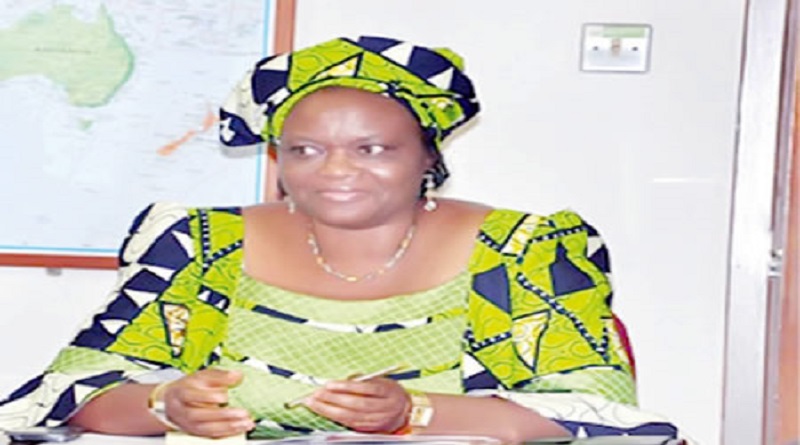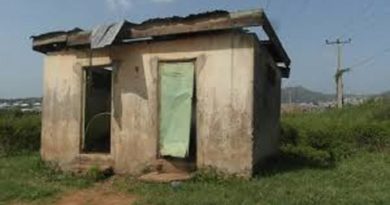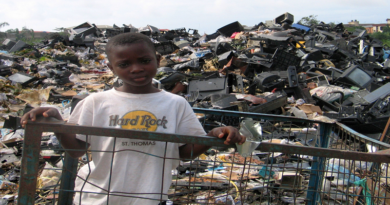Climate change, most crucial development challenge, says Odusote
The Federal Ministry of Environment says unpredictable climate change is currently the most important development challenge, and that external climate finance is key to fast tracking Sustainable Development Goals (SDGs).
Mrs Ibukun Odusote, the Permanent Secretary, Ministry of Environment said this on Wednesday in Abuja during a workshop on Promoting Climate Finance for Agriculture in West and Central Africa organised by the ECOWAS commission.
Odusote said Global Green House Gas (GHG) emissions was a threat to agricultural gains and there was an urgent need to reduce global emissions.
“Toward this path, countries have made resolute commitments to emission reduction targets through national legislation, policies and regulations, regional and sub-national actions combined with a new binding agreement,” she said.
Odusote said that with the adoption of the Paris Agreement, Nigeria pledged through its Nationally Determined Contribution (NDC) to reduce its emission unconditionally by 20 per cent and conditionally up to 45 per cent by 2023.
She said that effective implementation of the Paris Agreement and its components would depend greatly on the combined efforts at international, regional, national, sub-national and private sectors.
“So far, Nigeria has deepened the understanding of relevant national stakeholders on the concept of a low carbon and climate resilient development and the green economy,” Odusote said.
She said another milestone Nigeria achieved in this regard was the development of sectoral action plans for the implementation of the Nationally Determined Contributors.
The Permanent Secretary said agriculture was an indispensable indicator of growth in the economy of every country, not just for provision of food, but it connected other development sectors.
Dr Oluyede Ajayi, Lead Specialist, leading agriculture and climate change at the Technical Climate for Agricultural and Rural Cooperation, said the workshop was to promote climate finance to support agricultural resilience.
Ajayi said most countries depended on agriculture and food security, and small holder farmers were at the receiving end in climate change because they had very low adaptability.
“One way of addressing this is to promote adaptation and help farmers to be resilient, and a lot of money and resources have been channeled globally into climate financing in respect to climate change.
“Out of this, less than 10 per cent goes into agriculture and less than five per cent goes to small holder farmers,” he said.
Ajayi noted that a slight change in rainfall pattern had implications which might be able to wreck havoc on farm practices.
He said the essence of the meeting was to strategise on how to increase financial support for climate change activities in agriculture with regards to small holder agriculture in West and Central African countries.
“We have conducted studies in some countries and now we are synthesising to look at the key issues with options to promote reinvestment in climate actions to support small holder farmers,” Ajayi said.
The first day of workshop witnessed presentations from African countries including Nigeria, Ghana, Mali, Cameroon, Chad and representatives of other countries.
By Sylvester Thompson




